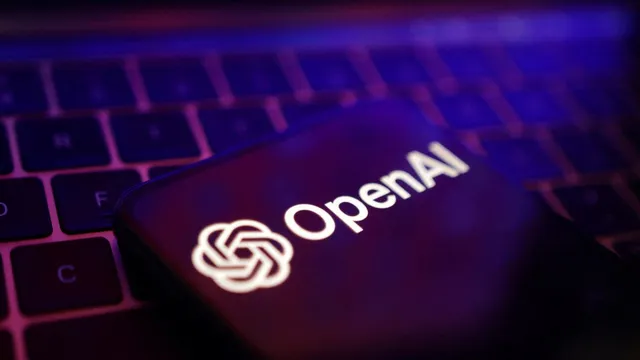- By Alex David
- Sun, 05 Oct 2025 11:49 PM (IST)
- Source:JND
OpenAI and former Apple designer Jony Ive are reportedly encountering significant technical challenges as they push to launch a secretive, palm-sized AI device next year. The collaboration stems from OpenAI’s acquisition of Ive’s design firm, io, for $6.5 billion in May. The ambitious project aims to produce a screenless AI gadget capable of interpreting and responding to the physical environment through audio and visual cues.
Compute Power Remains the Biggest Barrier
According to sources cited by the Financial Times, the project is facing two major hurdles—software complexities and the vast infrastructure required to support it. The most pressing issue is the immense demand for computing power. One insider explained, “Amazon has the compute for Alexa, and so does Google [for its Home device], but OpenAI is struggling to get enough compute for ChatGPT, let alone an AI device—they need to fix that first.”
ALSO READ: OnePlus Confirms Google Gemini Integration In OxygenOS 16
Without adequate processing resources, building a responsive, always-on assistant capable of complex reasoning and continuous interaction is a formidable challenge.
Assistant Personality and Interaction Challenges
Beyond compute issues, the team is working to finalise the assistant’s personality, including its voice, mannerisms, and conversational style. The goal is a highly helpful, non-intrusive assistant—a “friend who’s a computer”—that avoids awkward or overly intimate interactions associated with previous AI devices.
Privacy and conversational balance are also issues at the forefront of entertaining solutions. Unlike traditional smart speakers that are designed to respond to specific word or trigger phrases, this device is designed to always listen, always collecting contextual data to improve its memory and capabilities.
Device Design and Features
This portable gadget resembles the size and design of a smartphone, featuring a camera, microphone and speaker for AI assistance in any environment.
OpenAI and Jony Ive have addressed these challenges by creating an immersive AI experience unlike that found on traditional smart speakers; combining sleek industrial design with contextual understanding for greater effectiveness.
ALSO READ: Snapchat To Limit Free Memories Storage: Users Must Pay For More Space
What This Means for the Future
If successful, the OpenAI-Ive device could represent a paradigm shift in personal AI assistants that seamlessly integrates up-to-date designs with portability and advanced AI functionality in an all-in-one experience. Unfortunately, the technical barriers mentioned above suggest that consumers may have sit longer than expected before we see a product like this reach retail shelves.
OpenAI's ambition in bringing AI to physical hardware far exceeds software platforms like ChatGPT; rather OpenAI aims to bring tangible and interactive experiences into everyday life through projects like this.

